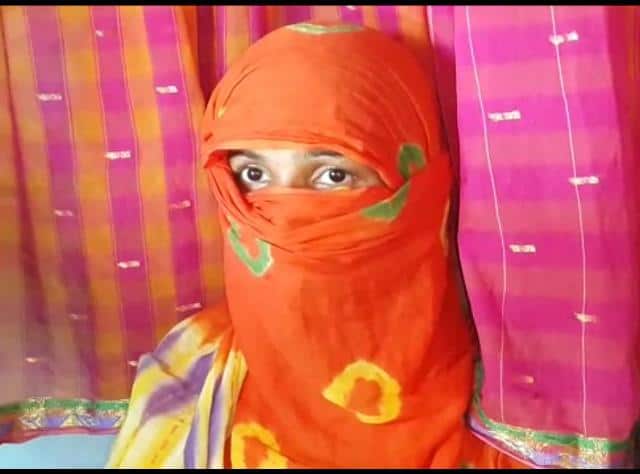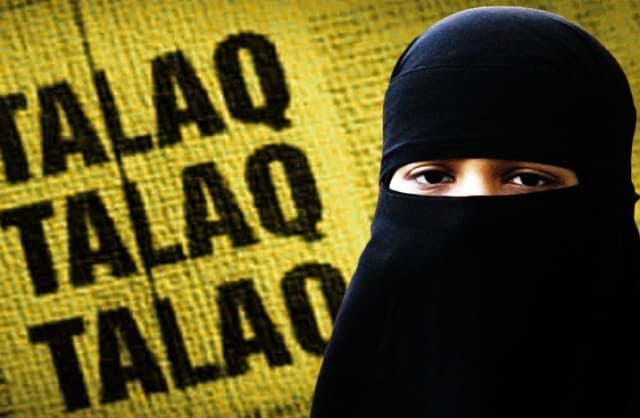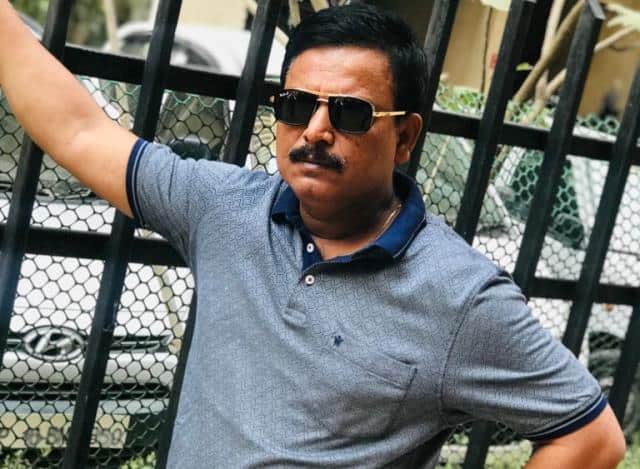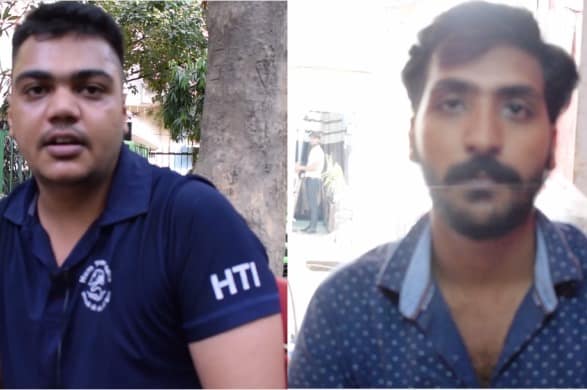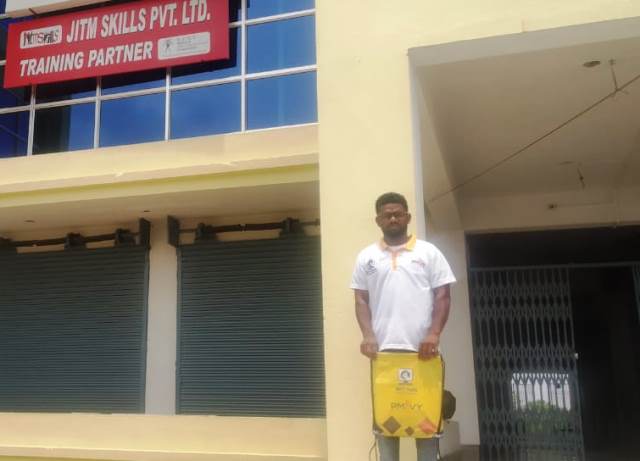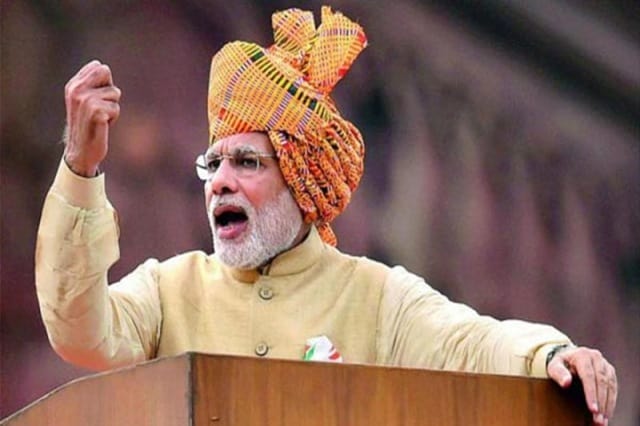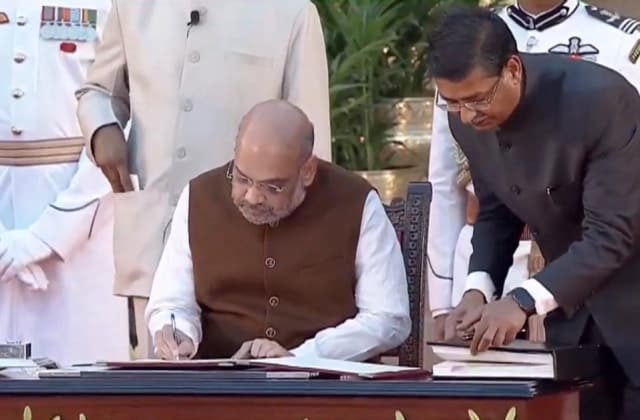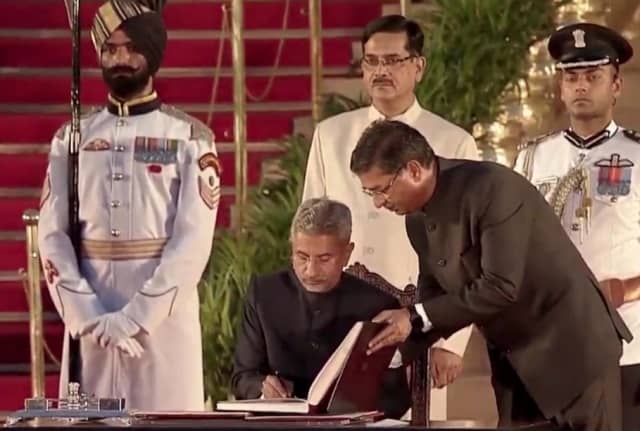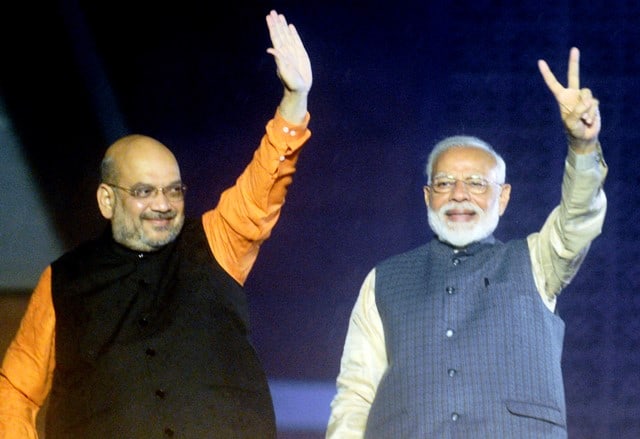Akhtari was married to Rizwan in 2015. When her husband could not find work, he asked Akhtari to arrange money for a taxi. Soon the heated arguments turned into brutal physical torture. When her brother tried to sort out the matters with elders’ help, things only went worse. Akhtari’s in-laws locked her in a room without food and water for days as punishment. They also told Rizwan that if he divorced her, they will get him a new wife and dowry. Akhtari was kicked out of the house with her one-year old in arms. She waited outside the house, begged her husband to let her in. But it didn’t happen. She is enraged at how women in Indian families are treated like dirt. She wants justice and has approached UP Police: I belong to Meerut district in Uttar Pradesh. My parents fixed my marriage in 2015 when I was 24. I was told that my prospective husband worked as a chhota doctor in Delhi. My family believed that he was probably a Unani medicine practitioners or maybe an assistant to a doctor. My parents felt lucky for me and spent beyond their reach on the marriage and dowry. But when I moved to Delhi with my husband, Rizwan, I found that he drove a taxi. He told me there was more money in this ‘business’ and soon he will be running a fleet of taxis. I didn’t believe his words but accepted it as my fate. Less than two years after the marriage, Rizwan shifted back to Meerut since he was barely able to make two ends meet in Delhi. I was pregnant at that time. Unable to find any work in Meerut, Rizwan began pressing me to arrange money and a car for him so that he could runs his own taxi in Meerut. Every time I told him that my family was unable to meet these demands because my father was no more, there will be heated arguments and he would beat me with fists. His mother, father and brother, instead of intervening, further incited him to punish me. They had little concern for my condition. I gave birth to a girl child in 2017 and my brother and sister-in-law came to visit me. When they saw the bruises on my body and heard about the torture I had suffered, they tried to reason with Rizwan. After several rounds of talks, when my brother realized Rizwan was not going to budge, he agreed to arrange the money for the vehicle. This cooled down things for several months. But, when my brother was unable to arrange the promised money, thing went from bad to worse. My in-laws told Rizwan that if he divorced me they would find him a girl which will bring enough dowry for a car. When I countered them, they locked in a room for days without food and ensured that I was could not speak to my family. They probably wanted to starve me to death. But with some outside help, I managed to convey my condition to my brother, who immediately arrived at our home with some relatives. The elders in both the families sat together and decided that the matter must be settled within the confines of family and there should be no domestic violence. It had an adverse impact on Rizwan. My beatings only increased and got more brutal. On July 18, there was another argument in the house. My in-laws began thrashing me up and calling me names for making the family matters public. Rizwan told me that he was leaving me for good and uttered the dreaded talaq word thrice. I was kicked out of the house with my one-year-old child in arms. I waited outside the house for several hours, hoping that they will accept me back once their anger subsided. All this time, I kept begging them to forgive me and let me in. Several neighbours came to my help but Rizwan’s family told them that I had been given talaq. The neighbours could do little after that but they arranged my journey to my brother’s house later in the day. My brother tried to speak to Rizwan’s family but they just didn’t listen. Some elders in the vicinity advised us to approach police. Some said the government has brought a law which makes verbal triple talaq illegal. We went to police to file a case against the talaq but the police told us there was no law against triple talaq. However, they filed a case against my husband and his family under sections of domestic violence. SSP (Rajesh) Pandeyji himself heard out matter and has assured us of safety and other assistance prescribed under law. I have studied only Urdu at a madrasa only for one or two years but I have heard Muslims women speaking against talaq on TV. My question to powers-that-be is not about religion, but justice. Hindu women are also troubled for dowry and sometime burnt alive. Muslim women also face such harassment but they burn for life. I want most stringent laws against those who torture their wives and daughters-in-law for dowry and leave them at will.
Also in The Series
Talaq Talaq Talaq… And I Was Homeless In A Second
]]>
